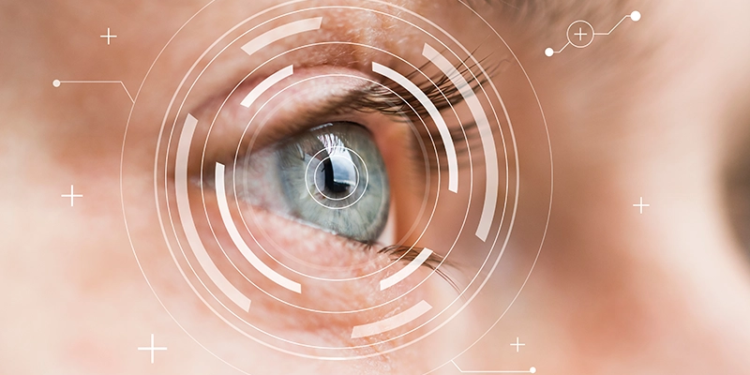Lau, right, works with UNLV student Zack Cook to fit Hailey with a 3D-printed prosthetic hand. Image by Aaron Mayes, UNLV.
Katherine Lau was looking for a hands-on summer research project. Yong Dawson was looking for a normal life for her daughter.
Together, they gave 4-year-old Hailey Dawson a gift that doctors could not provide-an affordable, functioning prosthetic hand that can be rebuilt as Hailey grows up.
Hailey was born with Poland syndrome, a congenital condition marked by incomplete development of hand and chest muscles typically on a person’s right side.
When her mother sought a prosthetic device that would give her daughter functioning fingers, health professionals told her it would be very costly-just for the first prosthesis. Dawson would have to incur that expense repeatedly through the coming years as Hailey would need to be refitted with larger hands to accommodate her growth.
So before the Las Vegas mother pursued that path, she turned to the local university to see if someone there might be able to help.
Brendan O’Toole, PhD, a mechanical engineering professor at the University of Nevada, Las Vegas (UNLV), saw Hailey’s need as an engineering challenge-a chance for talented students to gain skills and experience while doing good.
Back in New Jersey, Rutgers biomedical engineering student Katherine Lau was looking for a research project when she moved home to Las Vegas during the summer. Networking among local healthcare professionals connected Lau to O’Toole.
Upon meeting Lau, then a rising third-year Rutgers student, the UNLV professor saw that she had the educational background and leadership skills to tackle the challenge. He selected her to lead a team of three students to fashion a custom-fitted prosthetic hand using 3D printing.
For Lau, it was more than a summer project. It was a life-changing experience that confirmed she had chosen the right profession.
“I want to be a biomedical engineer to improve the lives of others,” said Lau. “That summer, I got to see firsthand what my work can do.”
Lau’s engineering team knew of public domain designs for 3D-printed hands, such as Robohand and Enable, but their challenge was to adapt these designs to fit the young girl’s size and accommodate the specific nature of her condition. Working with Hailey throughout the summer, they fashioned a hand with fingers that grasped objects when Hailey bent her wrist forward.
“Hailey was so confident,” Lau said. “Even though she has these deformities, she didn’t think twice about it. She just said, ‘This is my special hand,’ and she showed it off to everyone.”
Lau’s life-altering experience was made possible by a research stipend from Rutgers University’s Douglass Residential College through a longstanding program to support women pursuing degrees and careers in science, technology, engineering, and mathematics.
Lau was drawn to science and math throughout her school years, so she knew a career in engineering or medicine might suit her.
“While I was in high school, I was watching an Oprah episode where Dr. Oz was talking about stem cell treatment,” she said. “He showed us how an organ had been regrown from stem cells, and I said, ‘That’s what I want to do.'”
Lau will finish her undergraduate courses this year, and she is already taking graduate courses. She will earn her master’s degree in biomedical engineering in 2017. After that, she plans to pursue research and development positions in the biotechnology industry.
This article was adapted from information provided by Rutgers University.




